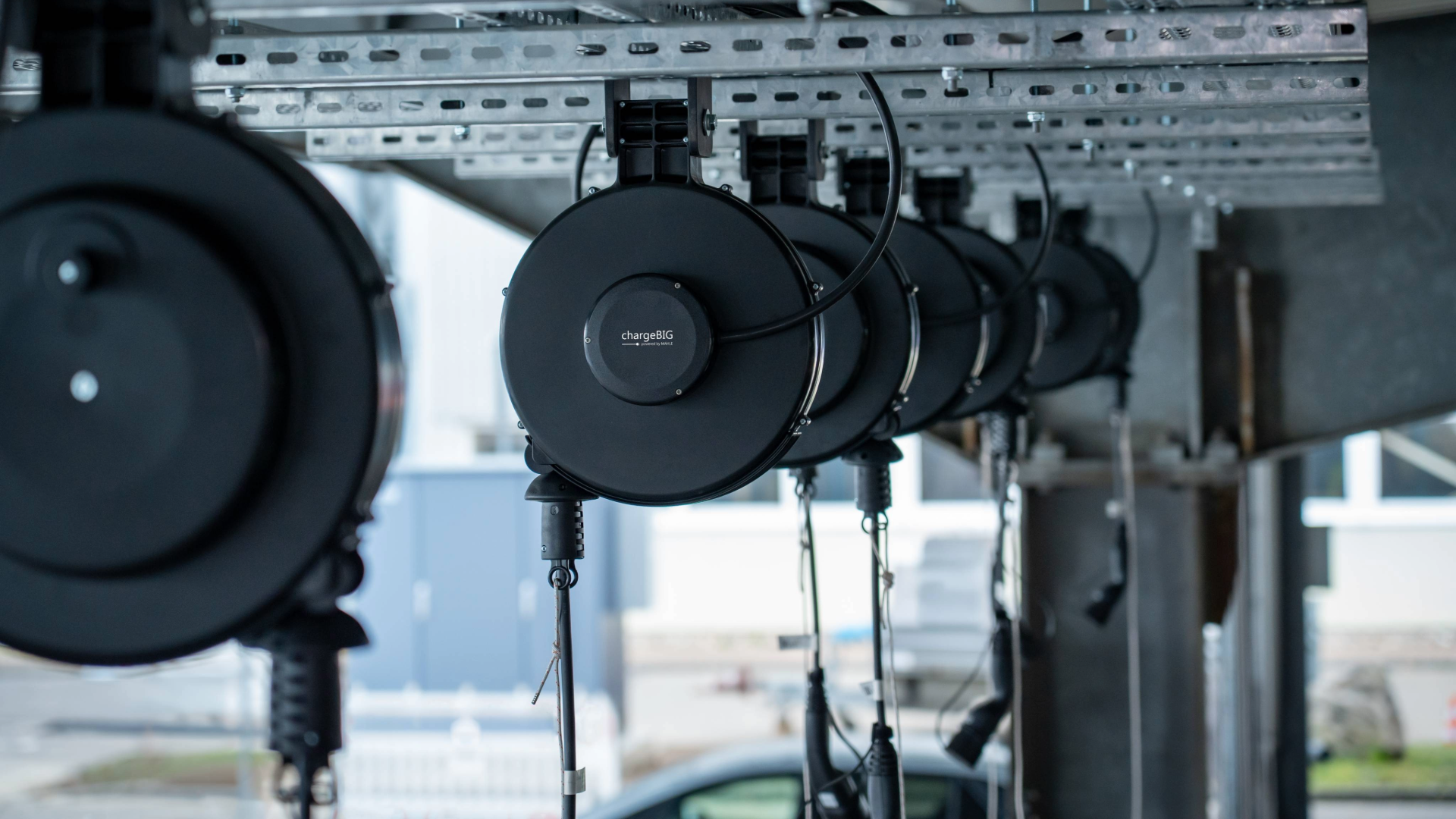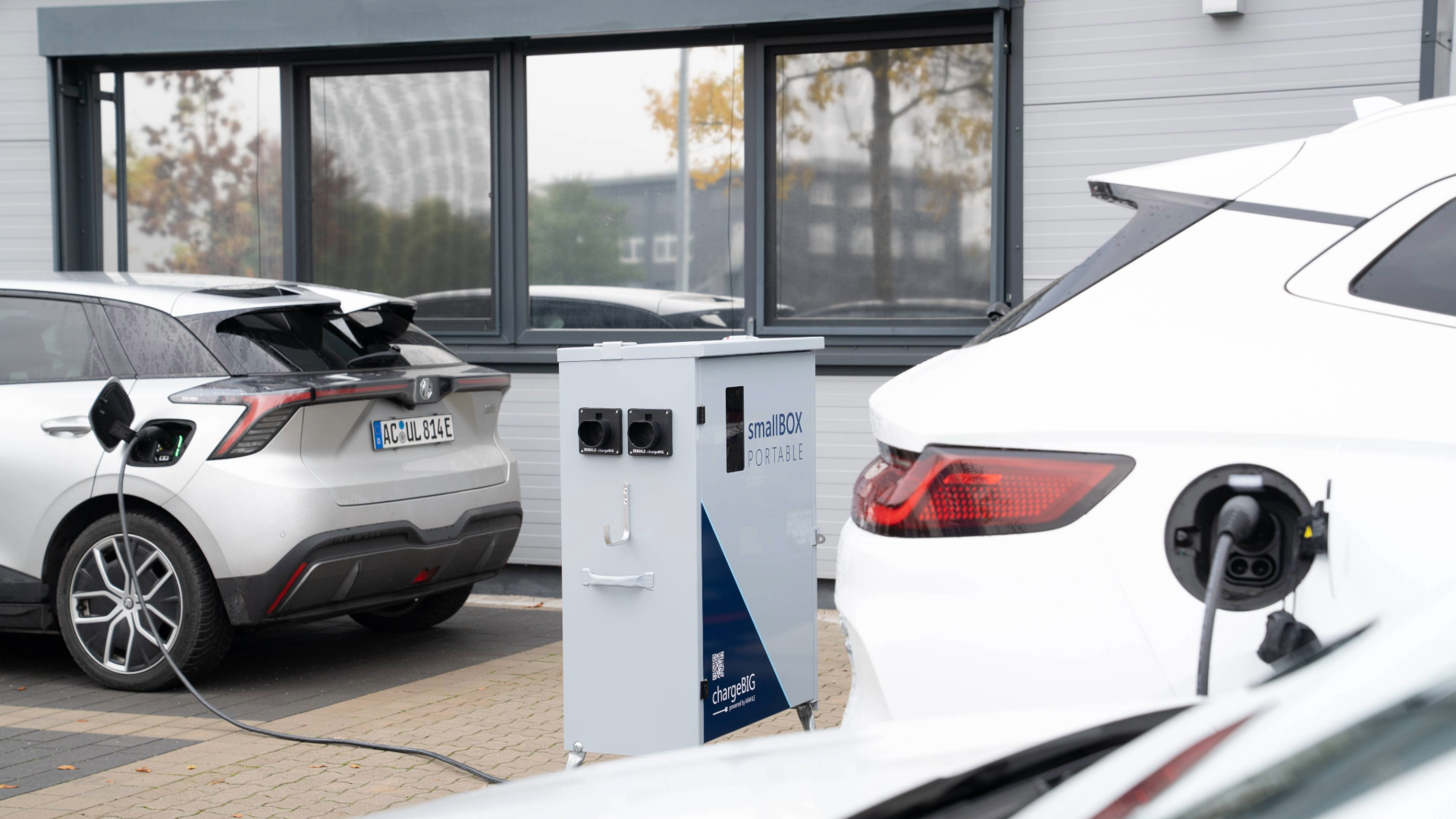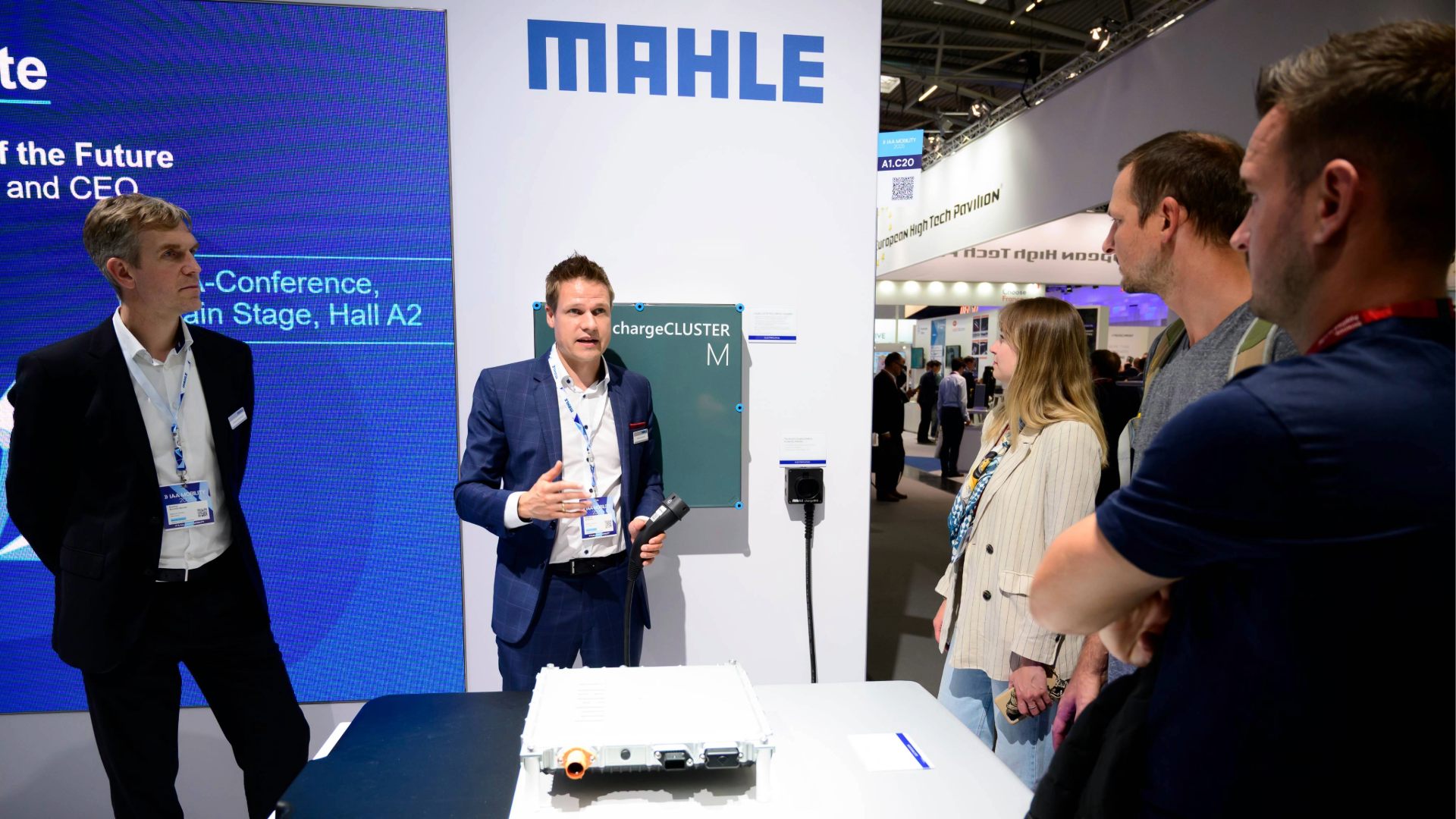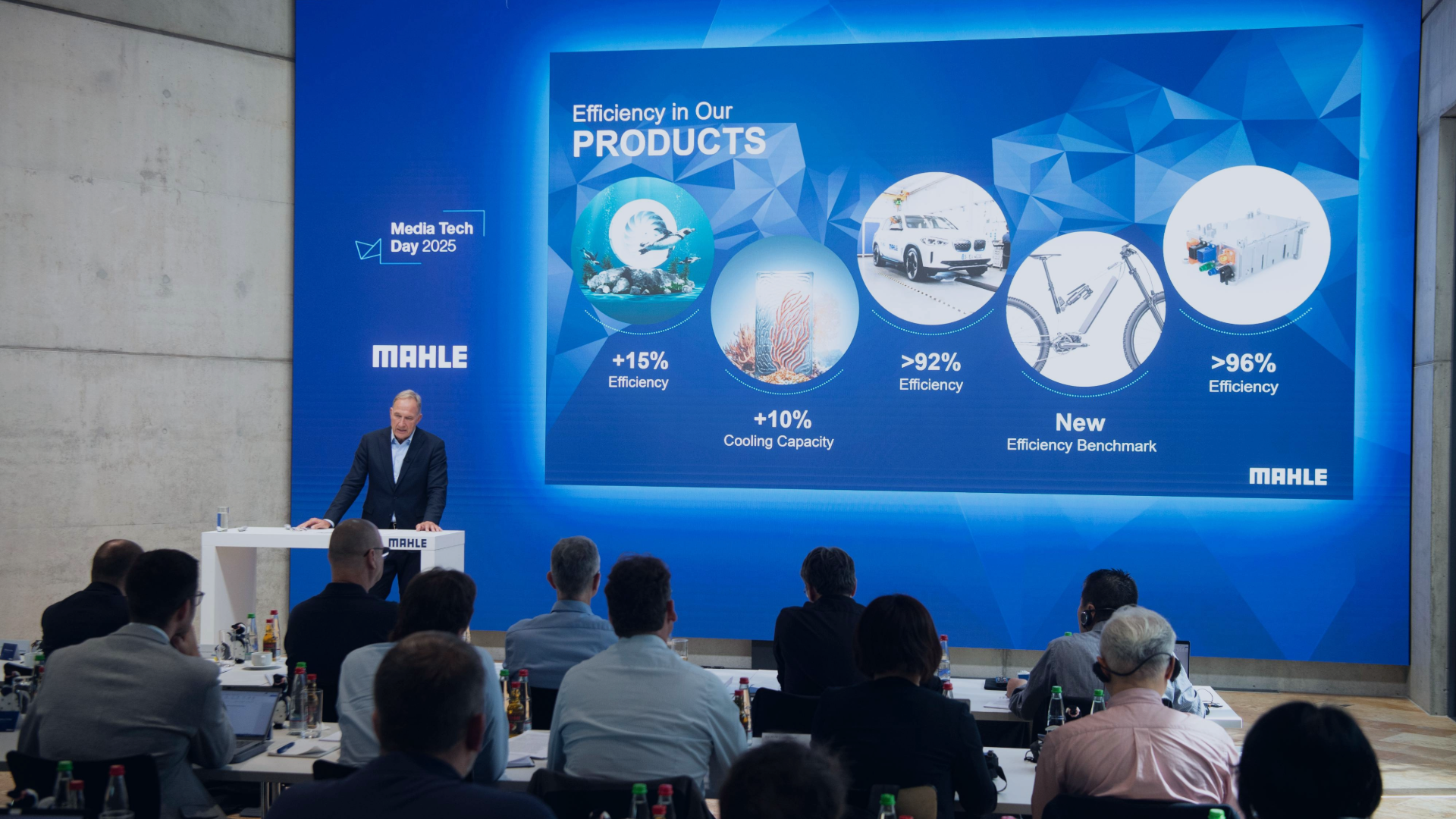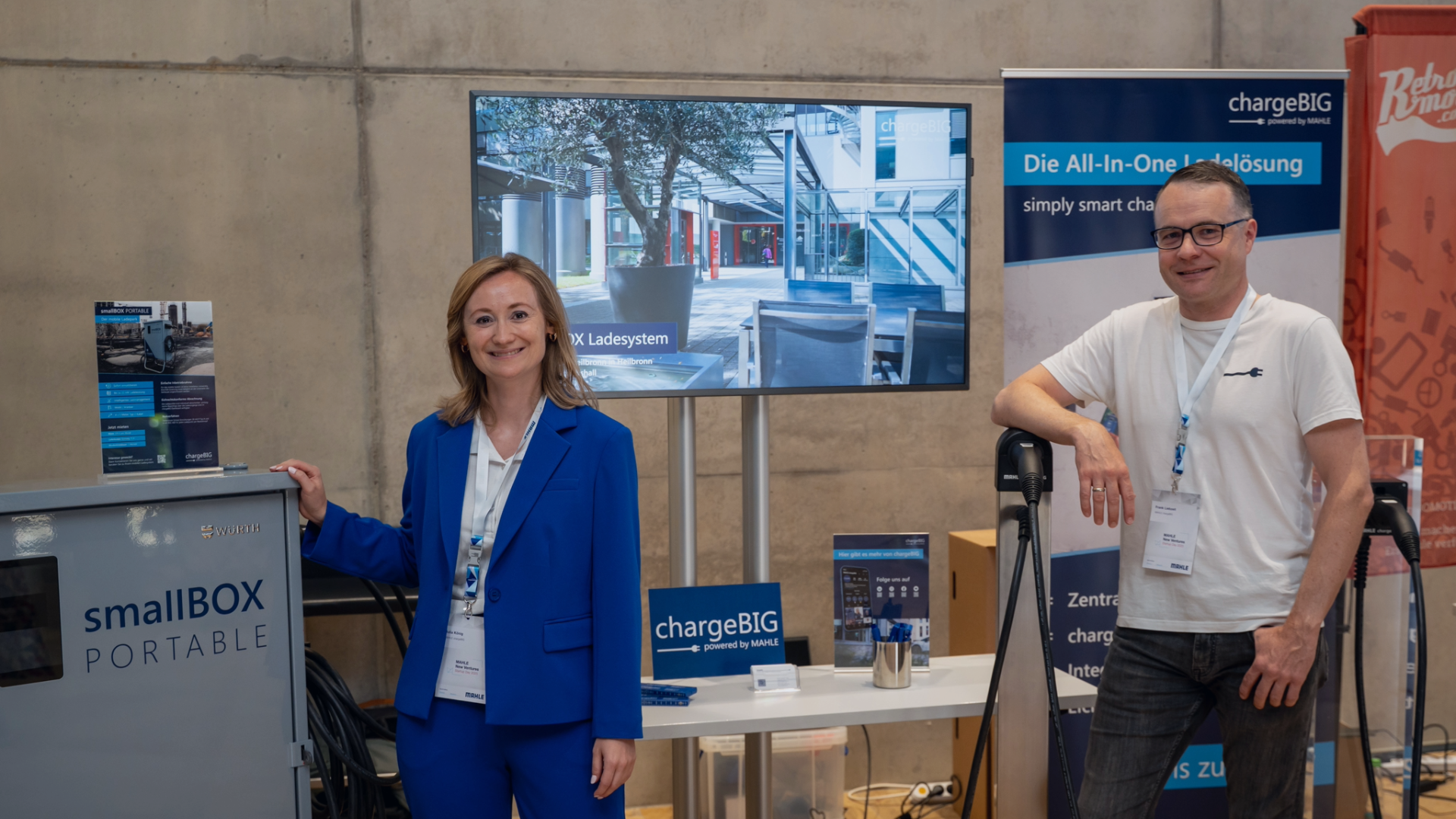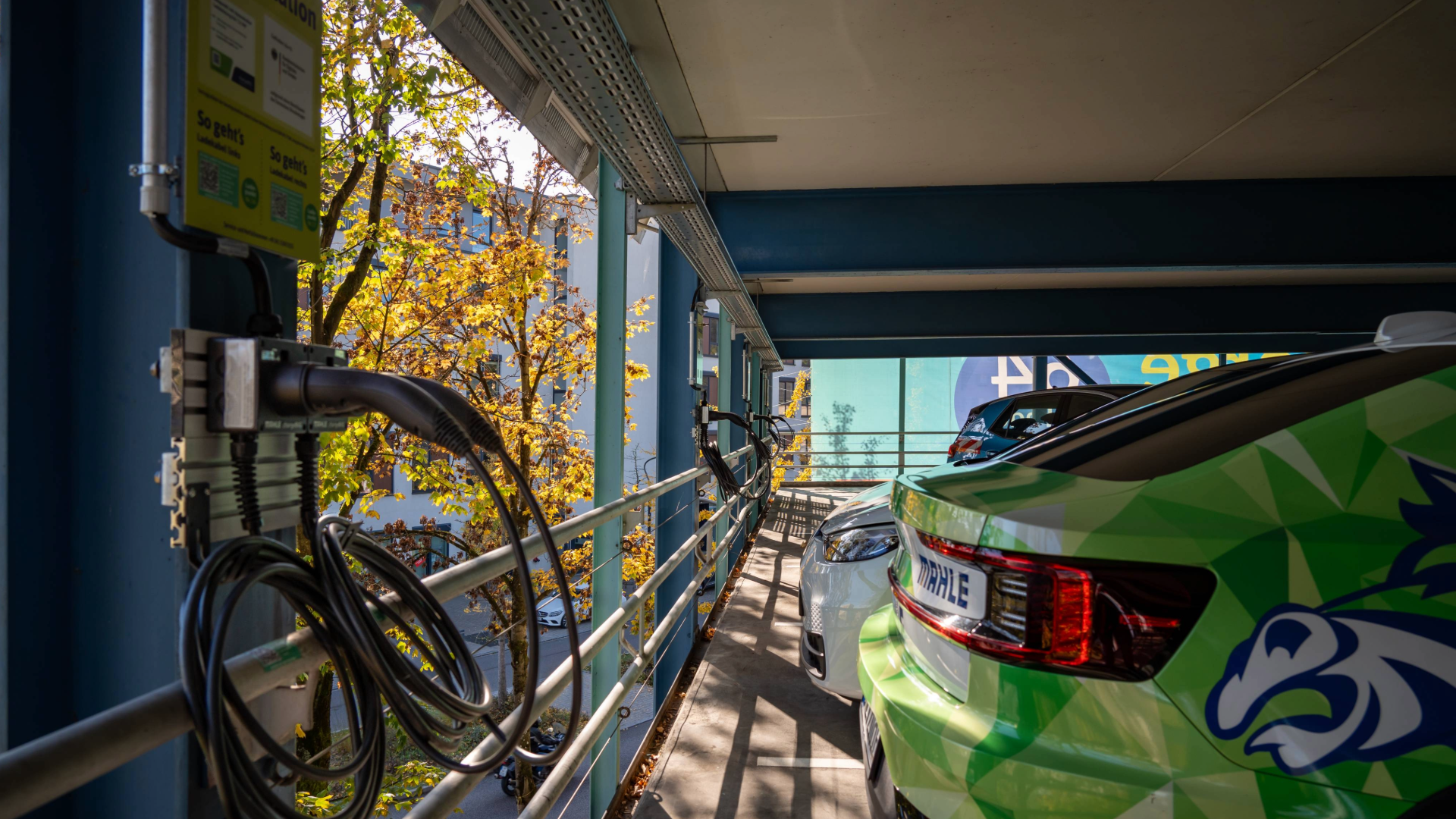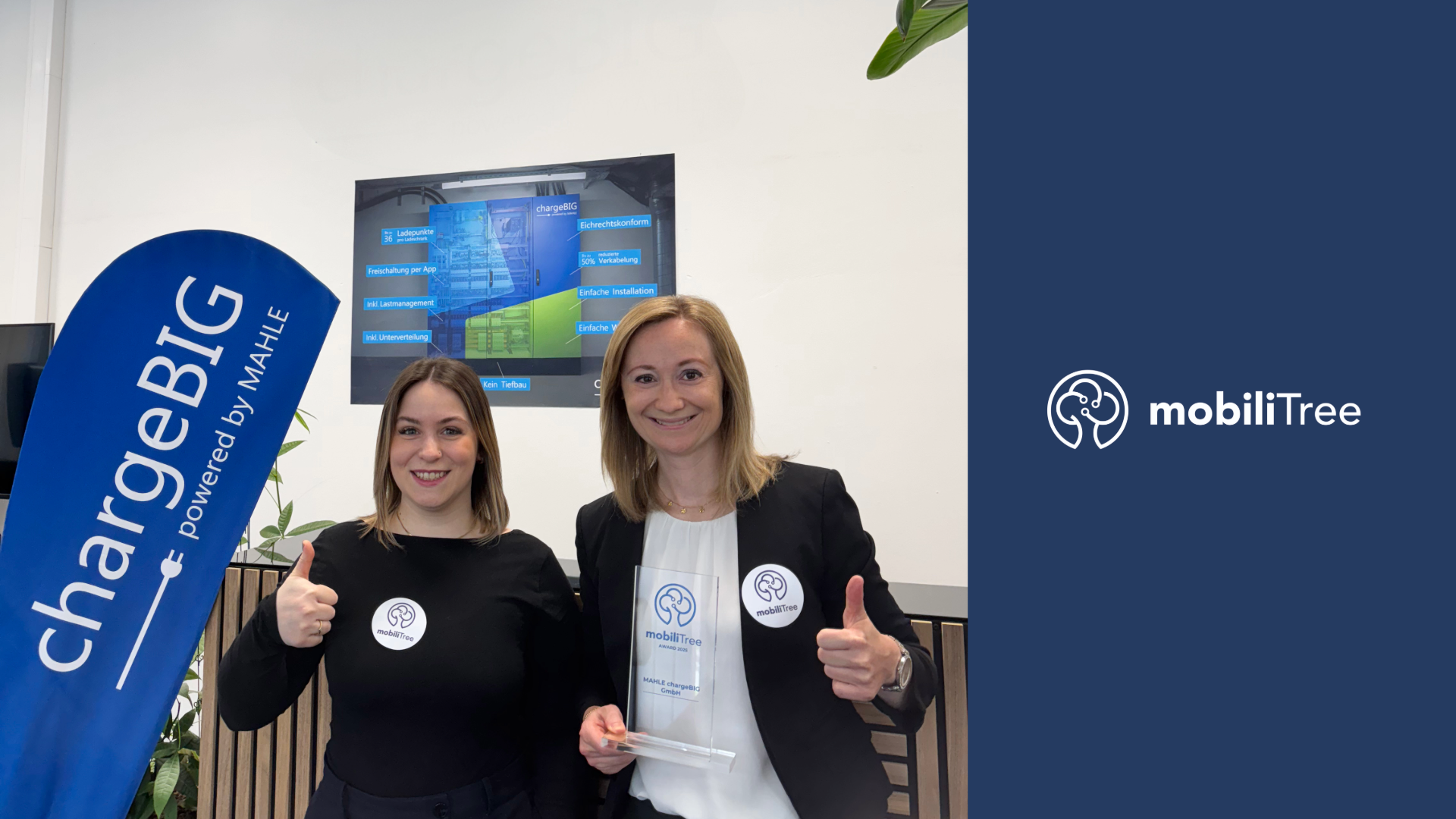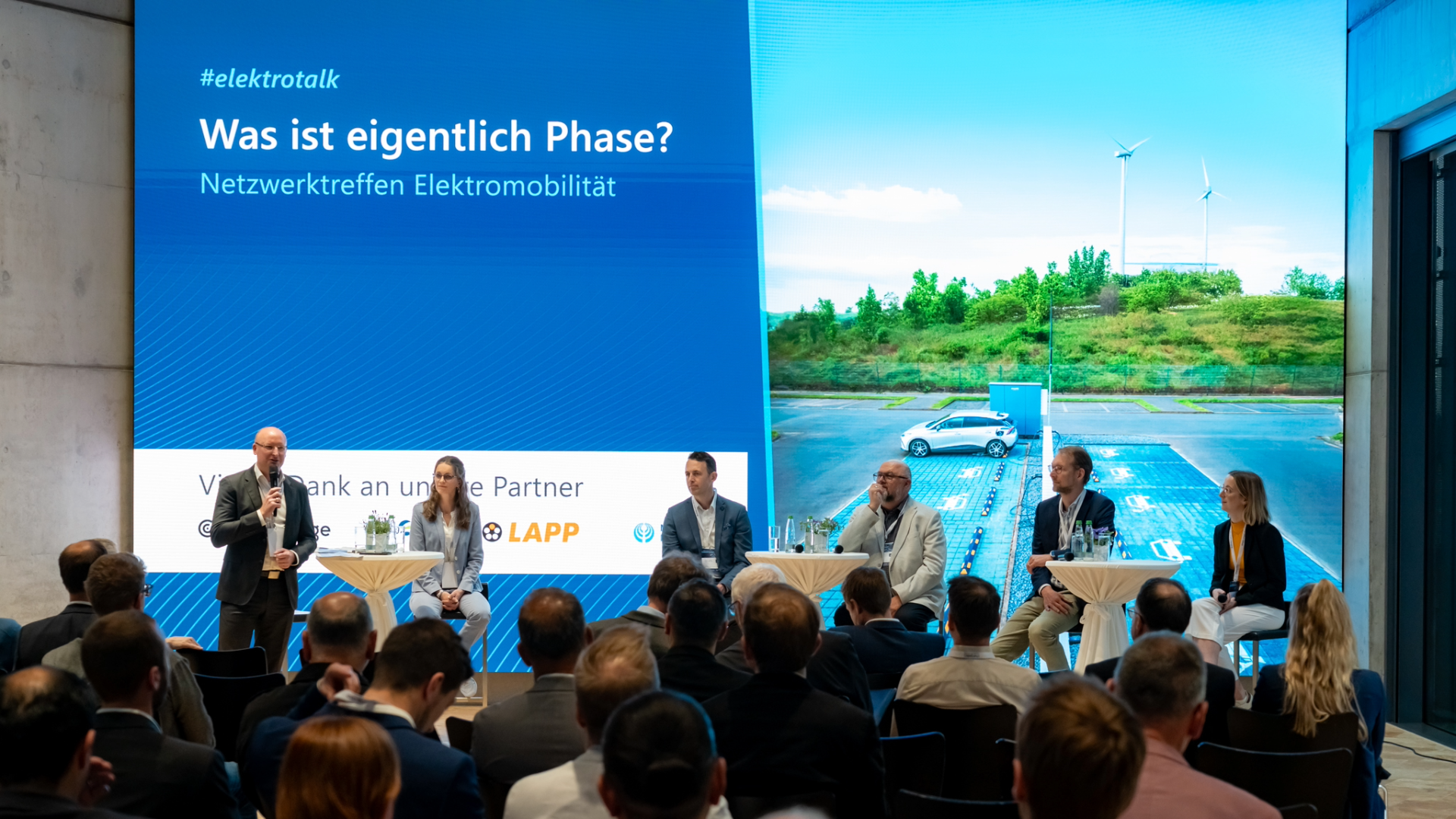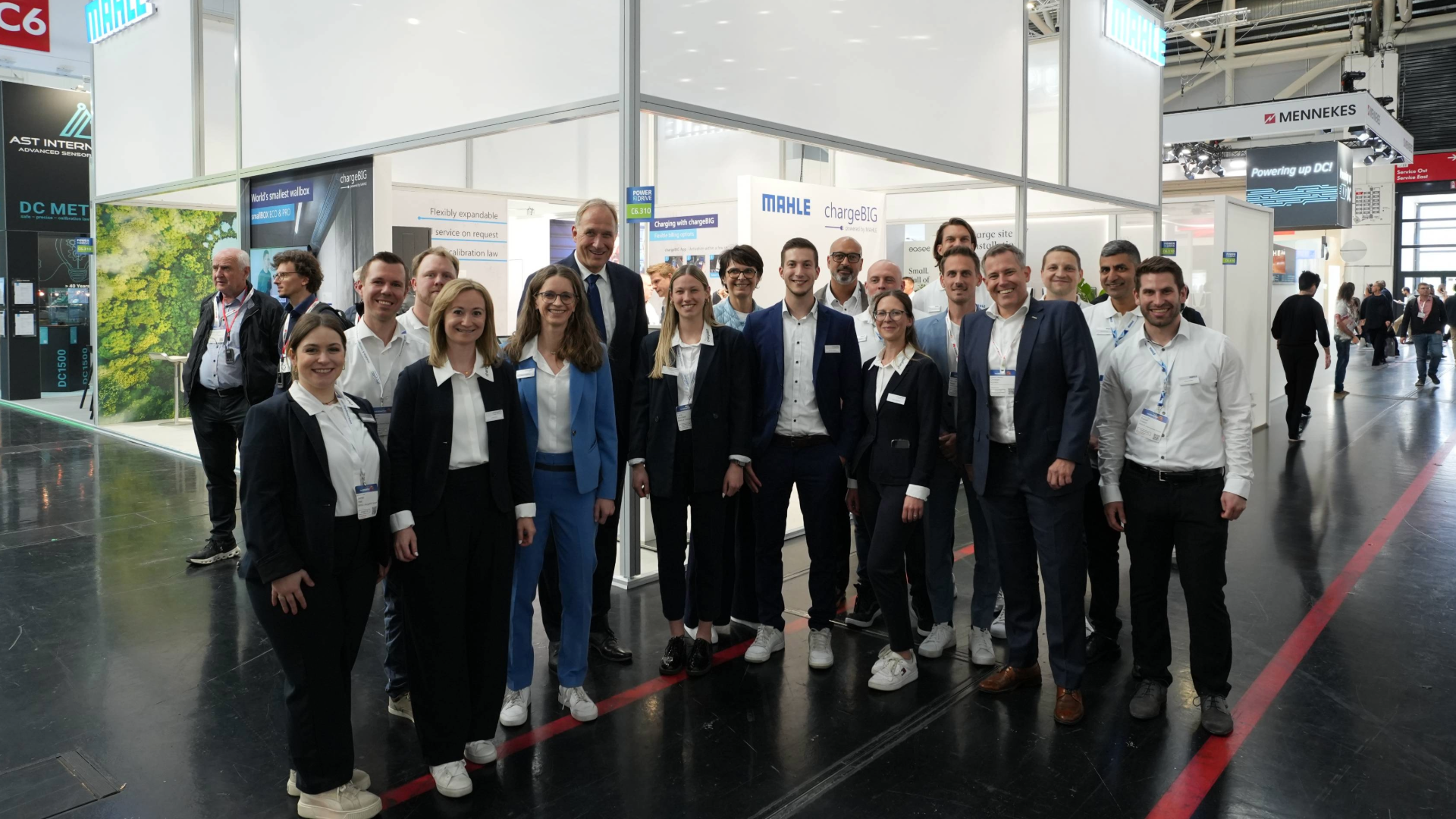MAHLE chargeBIG as associated partner and charging infrastructure supplier in the GELaZ project
On 9th of December 2021 the project GELaZ that was funded by the Ministry of Environment, Climate and Energy of Baden-Württemberg within the framework of the program INPUT (“Intelligent Grid Connection of Car Parks and Underground Garages”) was successfully completed.
The aim of the project was the joint charging of electrically powered cars at the three sites in Ludwigsburg, Reutlingen and Constance. Due to controllable load management during the charging process, the power supply system is not affected and thus not endangered even with high concurrence of charging of many electric vehicles. The installation of new grid nodes and local grid transformers could be dispensed with. Already proven hardware and software solutions for the simultaneous charging of several vehicles have been used, which have been adapted to the local conditions.
The project was carried out by the three funded partners Stadtwerke Ludwigsburg-Kornwestheim, Reutlingen University of Applied Sciences, ISC Konstanz (coordination) and by associated partners, supporters and suppliers such as MAHLE chargeBIG, Stuttgart Airport, Easy Smart Grid, Oli Systems, ChargeIT, FairNetz, AVAT, enisyst, Parkraumgesellschaft Baden-Württemberg, Vermögen und Bau Baden-Württemberg, management project coaching and wing-beratung.
In this context, the Stadtwerke Ludwigsburg-Kornwestheim erected a charging park with three charging stations and a total of six charging points for electric vehicles on its “Bärenwiese West” parking facility. The site was designed in such a way that a future-proof expansion to up to 24 charging points is possible. For this purpose, the charging stations were equipped with intelligent and grid-supportive load management, which intelligently controls the existing power and distributes it to the individual charging points. The aim is to use this load management to increase the integration of the charging infrastructure at the distribution grid level. For example, the SWLB makes its contribution that, using smart solutions and the associated necessary expansion of the charging infrastructure, nothing stands in the way of the success of the mobility transition. The charging infrastructure will continue to be available to the public after completion of the research project.
In addition, eight new 22kW charging points were installed in a parking lot of the Reutlingen University of Applied Sciences. As part of the pilot project, a grid connection and measurement concept was developed to supply the charging infrastructure with electricity in compliance with all legal requirements from the university’s area grid. This solution is ecologically, economically and technically significantly more cost-effective than the hitherto prescribed and usual practice of implementing the power supply via a separate (new) grid connection point and saves the general public high costs. The approach serves as a model for the further development of the state-owned parking space throughout Baden-Württemberg. The solution also made it possible to integrate the charging infrastructure into the Neckar-Alb Virtual Power Plant at the Reutlingen University of Applied Sciences and to operate it in a community-friendly manner. This optimizes energy consumption and generation across all sectors for the entire university, including parking, and reduces the burden on local networks. From 1 January 2022, the charging infrastructure will be available to the public and can then be used not only by university members, but also by residents or visitors of the nearby football stadium.

The solarLAGO charging park was established in Constance. Here, electricity can be “fueled” at 16 charging points. The charging solution from MAHLE chargeBIG is used on the premises of the ISC Constance combines the charging technology in a central control cabinet that controls the charging connections with attached Type-2 charging plugs at the parking lots. Up to now, a highly volatile load profile in the range of 60-240 kW existed at the grid of ISC due to the research facilities. In any case the grid is not further strained. Expensive load peaks are avoided and the load management also takes into account three photovoltaic systems with a total output of 42 kWp. A new feature is the integration of a methanol fuel cell as an “artificial sun” with intermediate storage. Compensation can thus also be provided in the winter months. The fuel cell delivers as much energy as the PV systems on an average day within 24 hours. The methanol for the fuel cell can be produced from hydrogen and CO2 using renewable energies. The electricity is available to a wide variety of user groups: users of company-owned electric vehicles, employees, guests, a CarSharing network and in the future at night and on weekends also residents and guests of surrounding localities.
As part of the SoLAR BWPLUS project, a community-friendly infrastructure has already been built in the residential district of Allenbach near Konstanz. In connection with this project, this was expanded by Easy Smart Grid with a community-friendly charging system.
